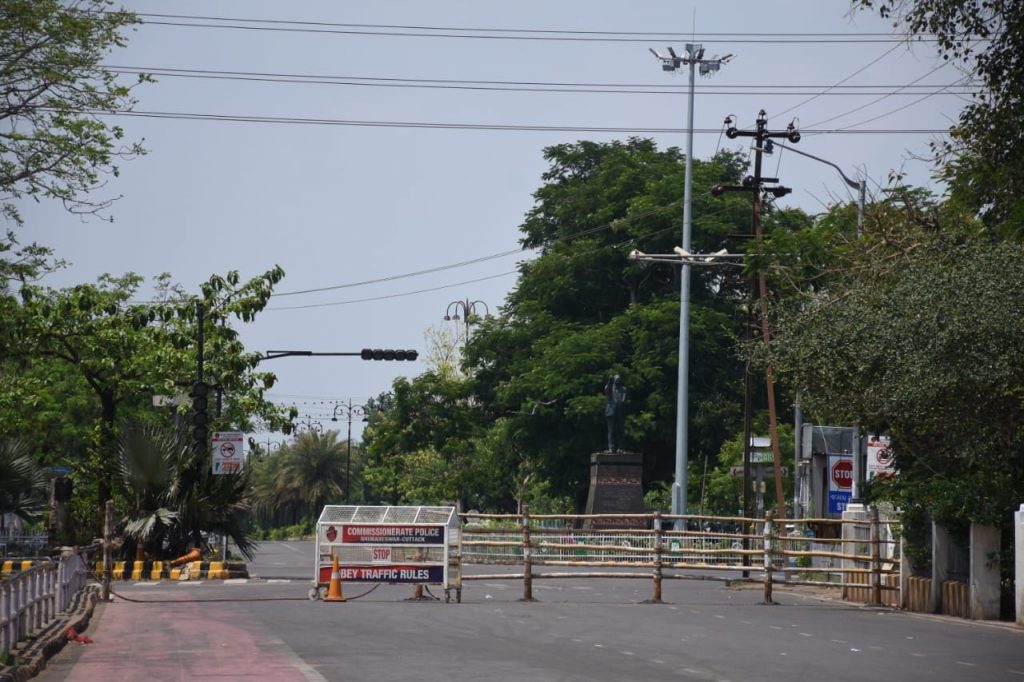Bhubaneswar: The Covid-19-induced lockdowns have taken a heavy toll on women health and hygiene, say experts.
According to doctors and development agencies, menstrual hygiene and maternal health related issues were majorly affected during the lockdowns, which crippled the normal regime of treatment and prophylactic measures.
Some voluntary organisation workers claimed that supply of sanitary pads to school-going girls was affected as the schools and hostels remained closed during the lockdowns. Moreover, lack of neighbourhood chemist shops in rural areas and curbs on movement of people magnified their problems.
The government, however, is said to be continuing its efforts to ensure menstrual hygiene with the help of Anganwadi workers, self-help group (SHG) members and ASHA workers.
Unicef, which is working with the government, claimed that the government has been undertaking its roles but disasters often play spoilsport.
“Odisha is a disaster-prone state. Along with two cyclones, between last year’s Fani and the recent Amphan, we are also grappling with the Covid-19 pandemic. Water and sanitation are the basic needs and the state government has taken many steps to ensure continuity of these services to the most deprived and vulnerable communities, underprivileged areas and to the migrants who have returned home,” said Monika Nielsen, Chief of Field Staff, Unicef, Odisha.
She also added that many parts of the state face severe heatwave condition which further compounds the challenges of water availability.
Gynaecologists and obstetricians, meanwhile, claimed that the normal prenatal check-up of women was severely hit during the lockdown. “Women’s health got affected during this lockdown. As there was restricted movement of people, routine check-ups got postponed. So, those whose delivery dates were closer were really affected,” said Dr Alakta Das.
She also added that there was a clear instruction from the Federation of Obstetrician and Gynaecological Society of India to attend only emergency cases and deliveries and postpone routine pregnancy check-ups. According to doctors, people from rural areas were hit the most.
“Some of them landed in some serious obstetrics complications due to lockdown as they came for a check-up after more than two months as they needed a close monitoring. Even ultrasound centres were closed. So it was really a difficult time for the expecting mothers,” Dr Das told Orissa POST.
Manish Kumar, OP
